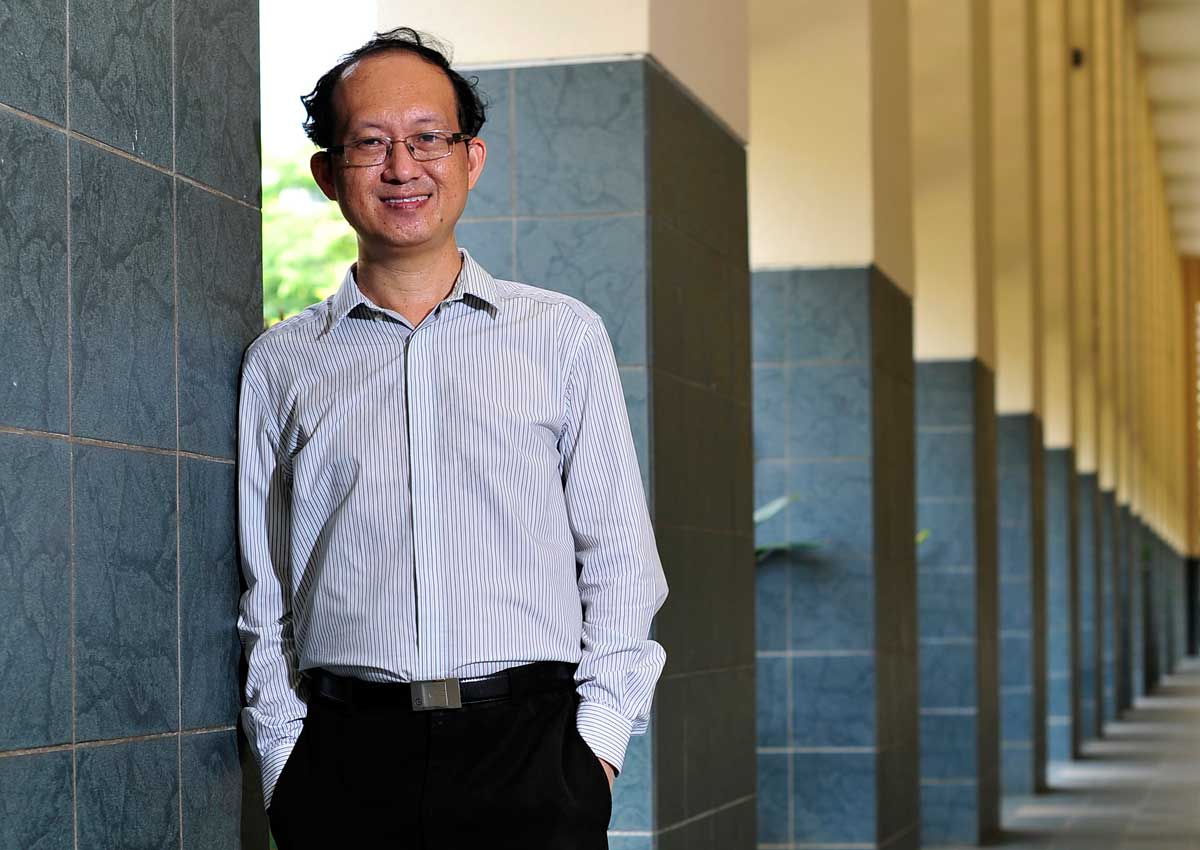Universities here constantly review their research policies to uphold high standards of integrity, and have in place processes to look into research malpractice when such allegations are made.
Some even have compulsory training courses to school their researchers in good research practices and ethical behaviour.
The universities were responding to queries from The Straits Times (ST) on the measures they take against research malpractice, in the light of a recent incident at Nanyang Technological University (NTU).
The university retracted 11 academic papers authored by researchers from the National Institute of Education (NIE) following malpractice investigations.
ST reported on June 4 that one academic, Dr Noel Chia, was listed as lead author of eight of the papers and co-author for the other three. The special-needs education expert, who had taught at NIE since 2006, resigned in April.
NTU conducted an investigation following allegations of research malpractice.
It found that primary data was not available to verify Dr Chia’s research, and said it had doubts about “ethical approvals” for the collection of the data.
Universities here, such as the National University of Singapore and SIM University, expressed zero tolerance towards research misconduct, and errant researchers could face disciplinary action, such as dismissal in serious cases.
NTU research integrity officer Tony Mayer said that if there were allegations of malpractice, an investigating panel might be set up to seek verification of data and sources cited in the research.
“Depending on the outcome of the investigation, the university may demand that the authors publish a correction in the affected journals or retract entirely the published papers,” he said.
“The errant researcher is also subject to disciplinary action.”
Earlier this year, NTU introduced a research data management policy and a centralised system, where researchers have to store their data and records. The system is searchable by other researchers, so a study or parts of it can be replicated.
To prevent research misconduct, NTU promotes awareness among its researchers. For instance, it has research integrity advisers to offer guidance to other researchers.
There are also compulsory training courses for all PhD students, project officers and research and postdoctoral fellows. A concise training package for faculty is in the pipeline as well.
Other institutions, such as the Singapore University of Technology and Design, also hold training sessions where research issues are discussed.
Institutions noted that the strict guidelines faculty members must observe include emphasising integrity in recording and reporting results, and exercising care in the execution of procedures.
Steps are also taken to ensure that whistleblowers who report research misconduct are protected.
Professor Steven Miller, the vice-provost of research at Singapore Management University, said it expects faculty members to uphold the “highest standards of integrity and ethical practices in research, which would include the responsibility to report research misconduct if such acts are observed”.
calyang@sph.com.sg

This article was first published on June 13, 2016.
Get a copy of The Straits Times or go to straitstimes.com for more stories.






